Pastor Maldonado and F1’s other 'one-win wonders'
Earlier this week Pastor Maldonado announced that he wouldn’t be on the grid at the start of 2016, with Kevin Magnussen taking his seat at the newly rebranded Renault team. Whether the Venezuelan returns to F1 racing in the future remains to be seen, but for now he remains part of an exclusive club of Grand Prix drivers - those who hit the victory jackpot just once in their careers…
Pastor Maldonado
It’s a sad fact that Maldonado’s propensity for getting involved in trouble too often overshadowed a formidable turn of speed, for when the stars aligned - as they did at the 2012 Spanish Grand Prix - the Venezuelan proved a supremely capable racer. Promoted to pole position in Barcelona when Lewis Hamilton’s Mercedes was excluded from qualifying, Maldonado drove a superbly composed race on what were highly unpredictable tyres, even surviving a full-blooded attack from home favourite Fernando Alonso to deliver the unfancied Williams team their first win in eight years. But as quickly as race-winning form arrived, it disappeared again - in the 71 races following his victory, Maldonado only made it back into the top five once...
Heikki Kovalainen
Kovalainen’s move from Renault to McLaren for 2008 was supposed to be his big break, but paired with eventual champion Lewis Hamilton he found the going extremely tough. To his credit the amicable Finn did achieve the breakthrough win that many thought his talents warranted, though only after a large slice of good fortune. Running second to Felipe Massa in Hungary, Kovalainen was perfectly placed to pick up the pieces when the Ferrari man’s engine cruelly expired with three laps to go. “Hopefully this victory will be the first of many," Kovalainen said afterwards, not knowing that he’d only make it back on the podium once more in his next 83 races.
Robert Kubica
If some of the drivers on this list were lucky to reach the top step of the podium once, then others undoubtedly had talent deserving of more than a single victory. Robert Kubica falls squarely into the latter camp. Fittingly it was in Montreal, where he’d crashed so horrifically a year earlier, that the immensely talented Pole recorded his only triumph, taking advantage of some high-profile retirements to defeat BMW-Sauber team mate Nick Heidfeld with an aggressive two-stop strategy. That he never won again was largely down to a lack of frontline machinery, something he surely would have got his hands on had his F1 career not been cut short by the devastating injuries he sustained whilst rallying in early 2011.
Jarno Trulli
A master qualifier, Trulli’s stirring one-lap efforts on Saturday afternoons often made him a target for criticism on Sundays when he wasn’t able to live up to the same pace in races. But at the 2004 Monaco Grand Prix it all came together for the affable Italian, who survived a slew of safety cars to win brilliantly from pole position. It would prove to be a once-in-a-lifetime occasion for Trulli - shortly afterwards he fell out with Renault team boss Flavio Briatore and departed for Toyota. Two more poles and seven more podiums followed, but he was never again able to capture lightning in a bottle.
Olivier Panis
Under normal circumstances, Olivier Panis might never have become an F1 race winner - but the 1996 Monaco Grand Prix was not a normal race. For a start, only four cars were still running when Panis’ Ligier took the chequered flag after two hours of incident-riddled racing, though even with the high attrition rate it would be extremely harsh to say the Frenchman - who started all the way down in 14th - did not deserve his victory. Not only did he keep his head in tricky damp conditions at the start, he also pulled off a series of gutsy overtakes, timed his sole pit stop to perfection and was rapid in clean air after switching to dry tyres, leaving him in the perfect position to profit when his more-fancied rivals faltered. Despite a subsequent move to the big-budget Toyota squad, it turned out to be the only win of Panis’ career. Furthermore, it remains the last French victory in F1…
Jean Alesi
When he burst onto the F1 scene with Tyrrell in 1989, finishing fourth in his first Grand Prix before memorably duking it out with Ayrton Senna for the lead in Phoenix some eight races later, there seemed little doubt that Alesi would go on to become a multiple winner. As it happened, a combination of bad decisions (such as turning down a move to Williams in favour of joining Ferrari), bad machinery and bad fortune kept the charismatic French-Sicilian off the top step of the rostrum for all but one afternoon in 1995 when his luck briefly changed. Running a distant second to Michael Schumacher in Canada, Alesi cashed in when the German’s Benetton developed gearbox problems 11 laps from home. 16 further podiums and a handful more near misses followed before he bowed out of F1 in 2001.
Alessandro Nannini
As charming as he was quick, the popular Italian might well have gone on to enjoy more than a single day in the sun had his F1 career not been wrecked by a devastating helicopter crash in which his right arm was completely severed. As it was, his only F1 victory - at Japan in 1989, less than a year prior to the accident - was both fortuitous and completely overshadowed by other events. Nannini actually finished second on the road to Ayrton Senna at Suzuka, but when the Brazilian was controversially disqualified for re-joining the race via an escape road following his infamous clash with McLaren team mate Alain Prost, the Benetton ace somewhat sheepishly picked up the winner’s trophy.
Gunnar Nilsson
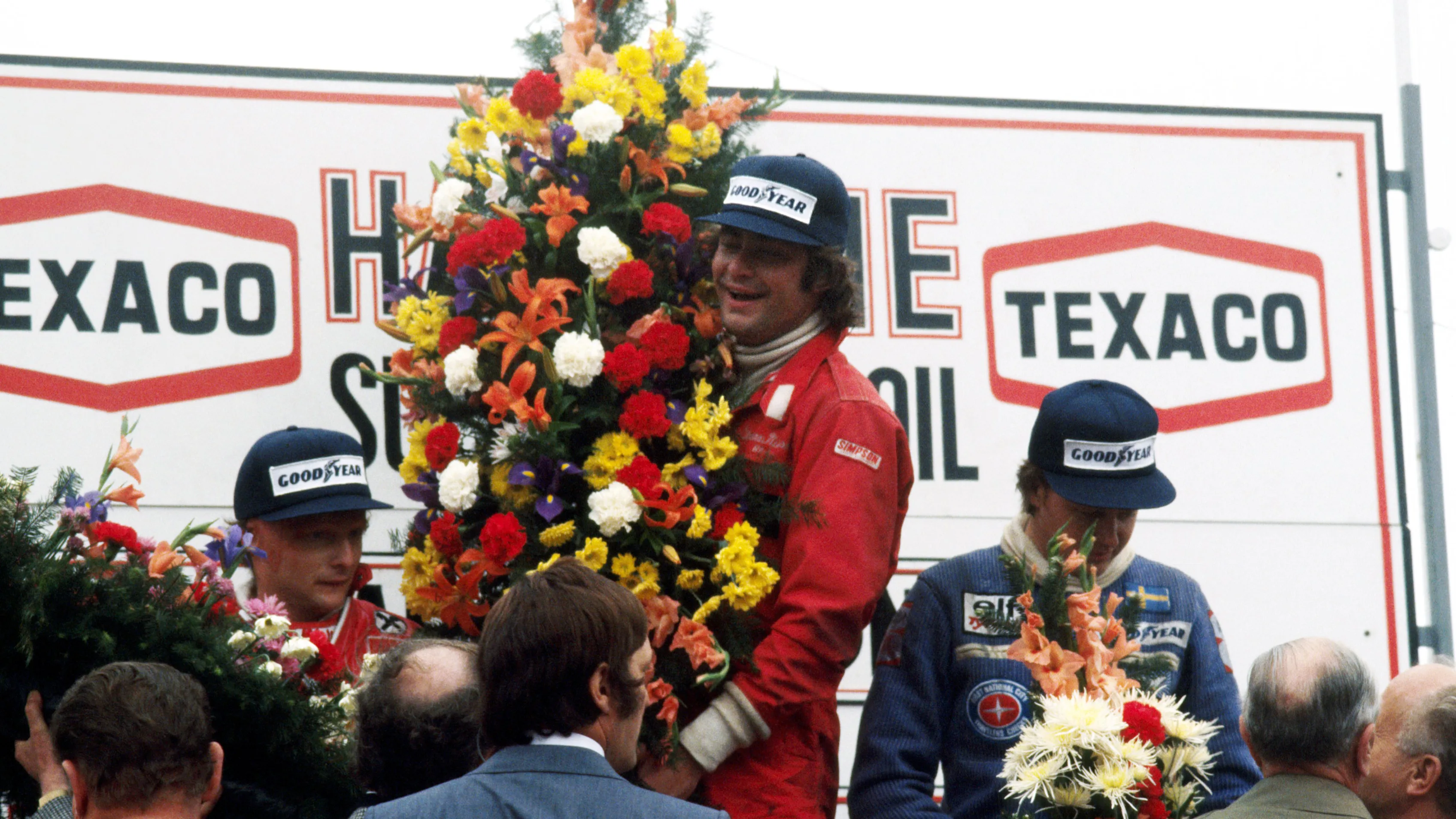
Ken Tyrrell famously thought so much of Nilsson that he tipped him as a future world champion, but sadly just as the gregarious Swede’s career was gaining real momentum he was struck down by terminal cancer. Fittingly, his sole victory - at Zolder in 1977 - was something of a classic, with the super-smooth Lotus driver carving his way up the order in a wet-dry race before passing Ferrari’s Niki Lauda for the lead in the closing stages.
Vittorio Brambilla
.webp)
Dubbed ‘The Monza Gorilla’, in part for his forceful driving style, Brambilla scored fewer than 16 points over the course of 74 Grand Prix starts, but he did famously hit the jackpot in Austria in 1975 – and in slightly comedic fashion. The macho Italian qualified his March eighth at the Osterreichring, but by the 19th lap of the rain-battered race he’d stormed his way into the lead. He then proceeded to drive off into the distance before worsening conditions saw the race halted after just 29 of the scheduled 54 laps. Seemingly taken aback by the premature arrival of the chequered flag, Brambilla lost control of his bright orange machine in a straight line, nosing it into the barriers and ensuring that his one and only moment in the spotlight would never be forgotten.
Jochen Mass
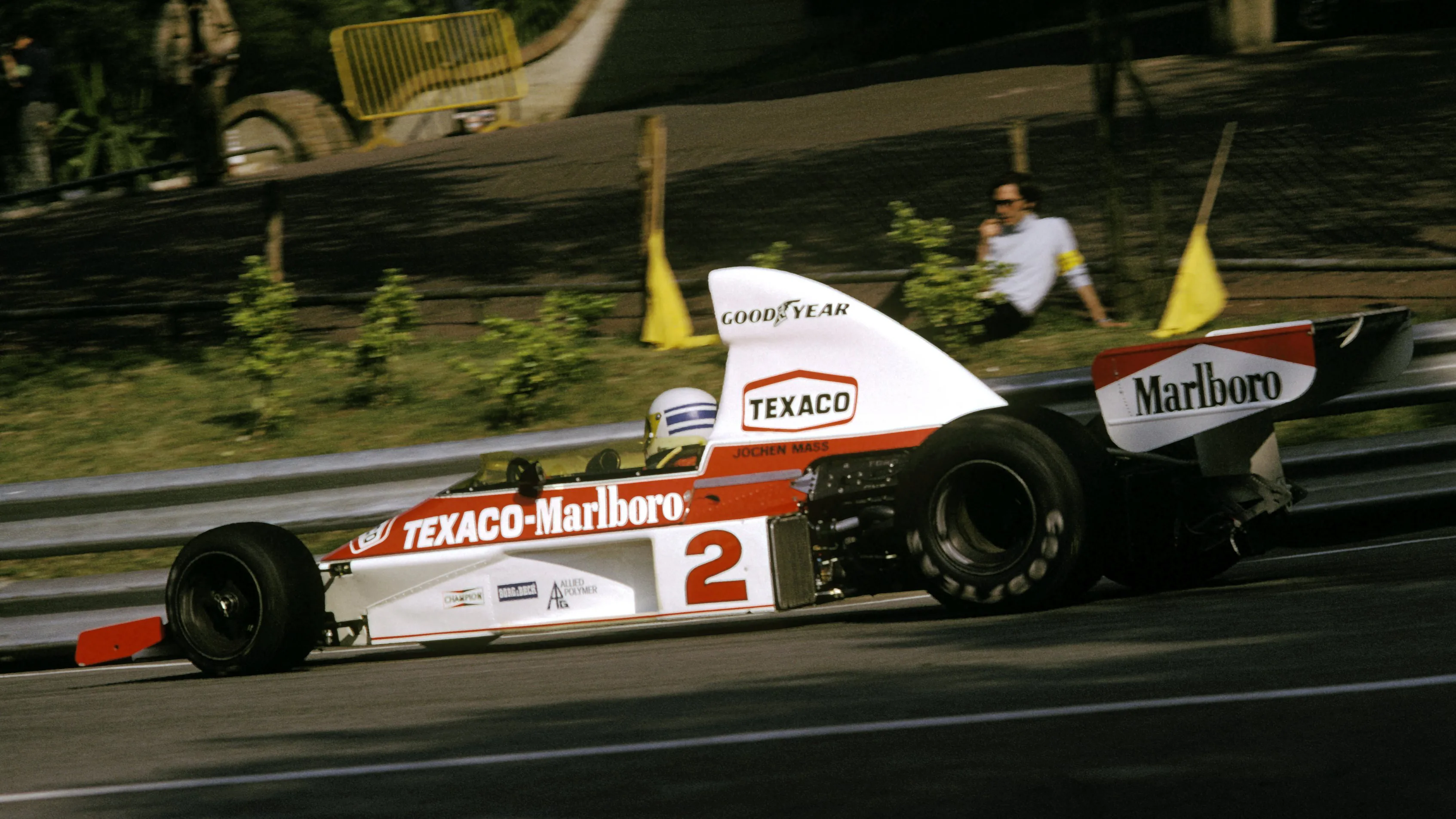
Like Brambilla, Mass’s only Grand Prix victory came in a prematurely halted race in which half points were awarded, but unlike the Italian there were to be no celebrations for the German. The McLaren driver had been leading the controversial Spanish Grand Prix at Montjuic Park in 1975 when race organisers belatedly red-flagged the race after Rolf Stommelen’s car had crashed into the crowd, killing five spectators and seriously injuring its driver.
Carlos Pace
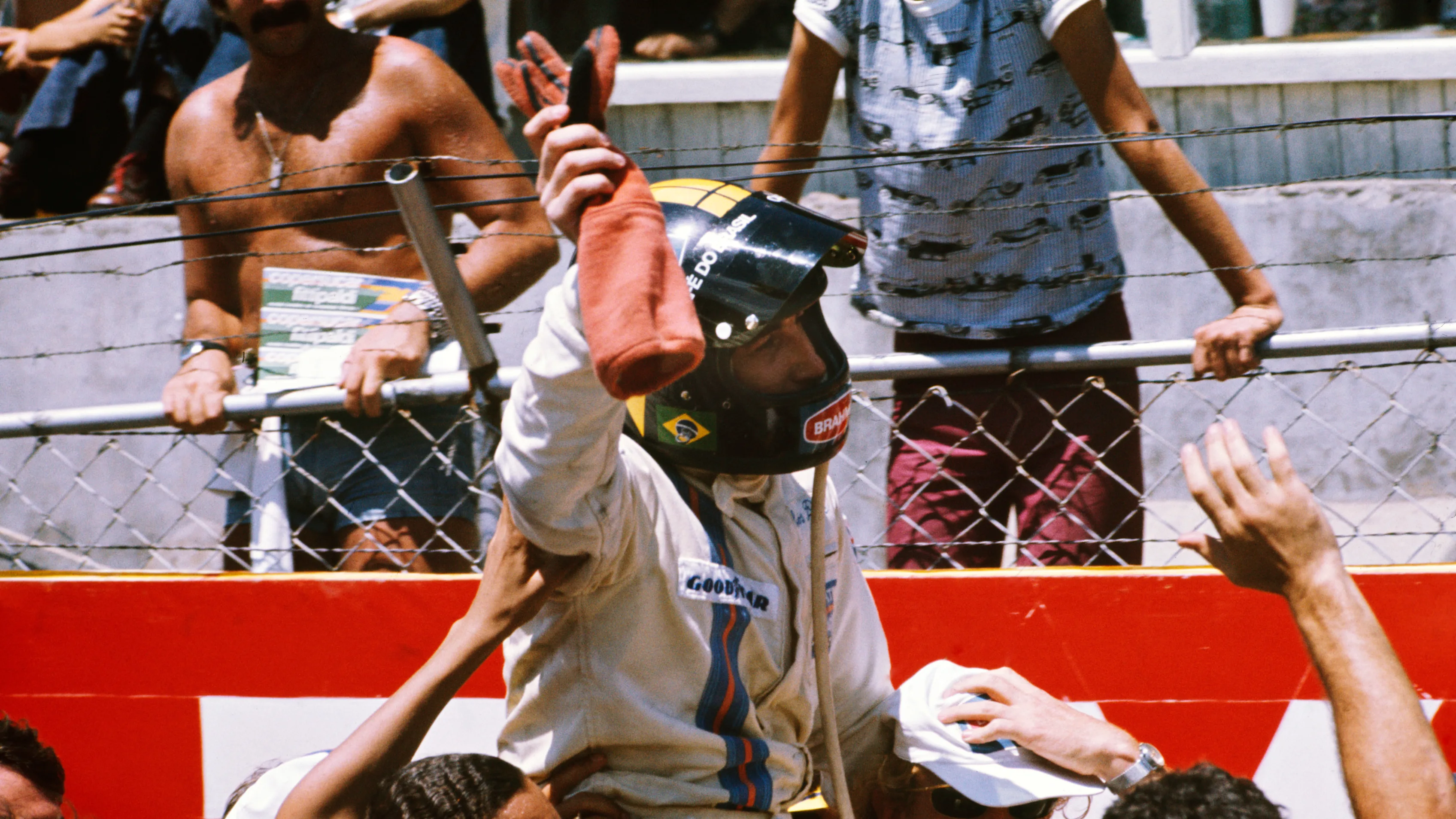
If you’re destined to only ever win one Grand Prix, then surely the best place to do it is on home soil in front of a sea of jubilant fans, as Carlos Pace did in 1975. The speedy Brazilian rarely had luck on his side during his all too short F1 career, but on one sweltering afternoon at Interlagos - the track that would later be named in his honour - fortune fell his way. There were just eight laps remaining when long-time leader Jean-Pierre Jarier’s Shadow expired and the Brabham pilot swept through to record a widely celebrated victory.
Jean-Pierre Beltoise
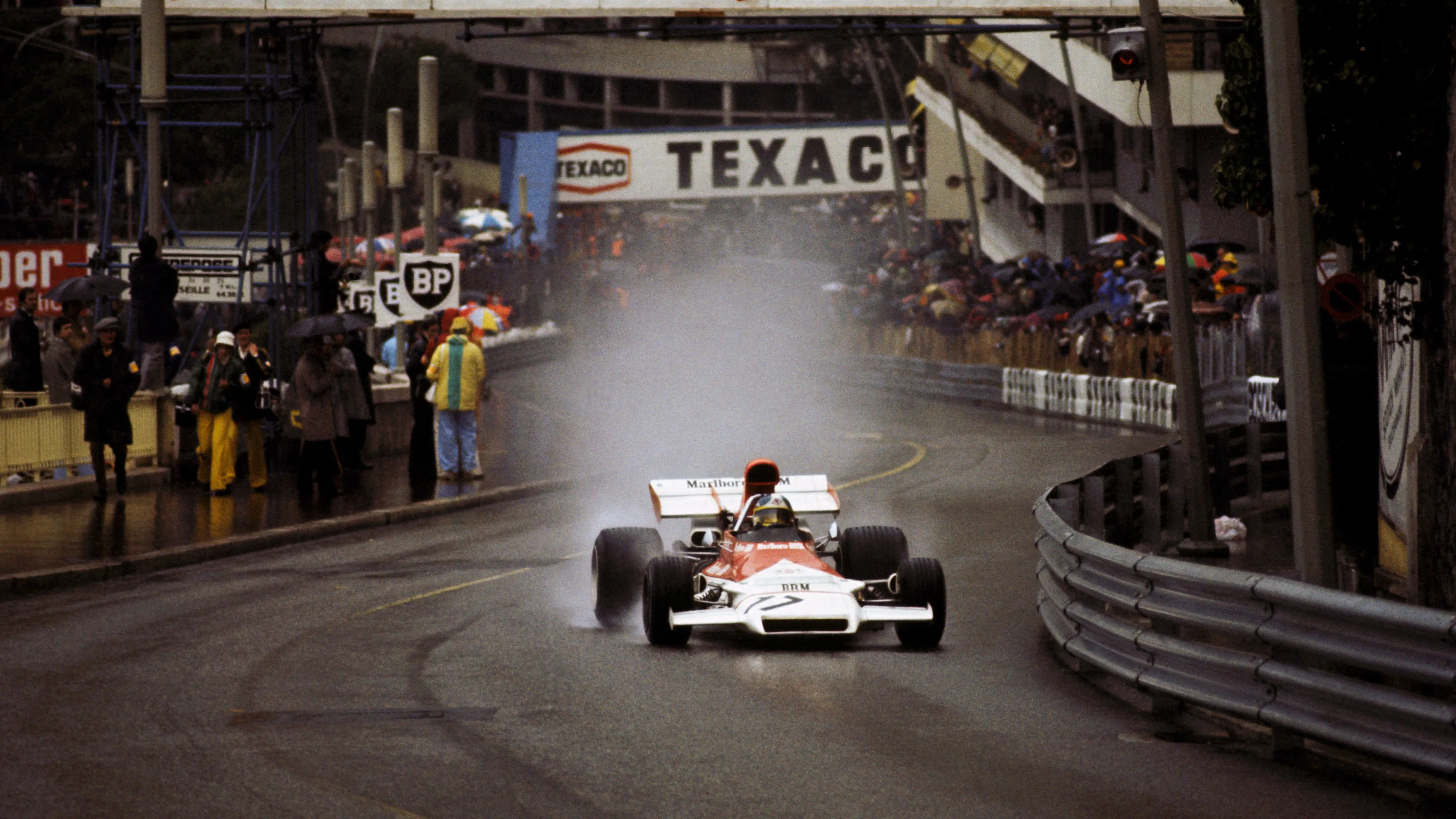
An 11-time national champion in motorcycling, the Frenchman’s early F1 career was peppered with podiums and promise, but it wasn’t until he joined BRM from Matra in 1972 that he tasted victory. Like so many others on this list, Beltoise’s sole win was a beauty, coming at Monaco in conditions so utterly torrential that it ended up being one of the slowest Grands Prix of all time.
Francois Cevert
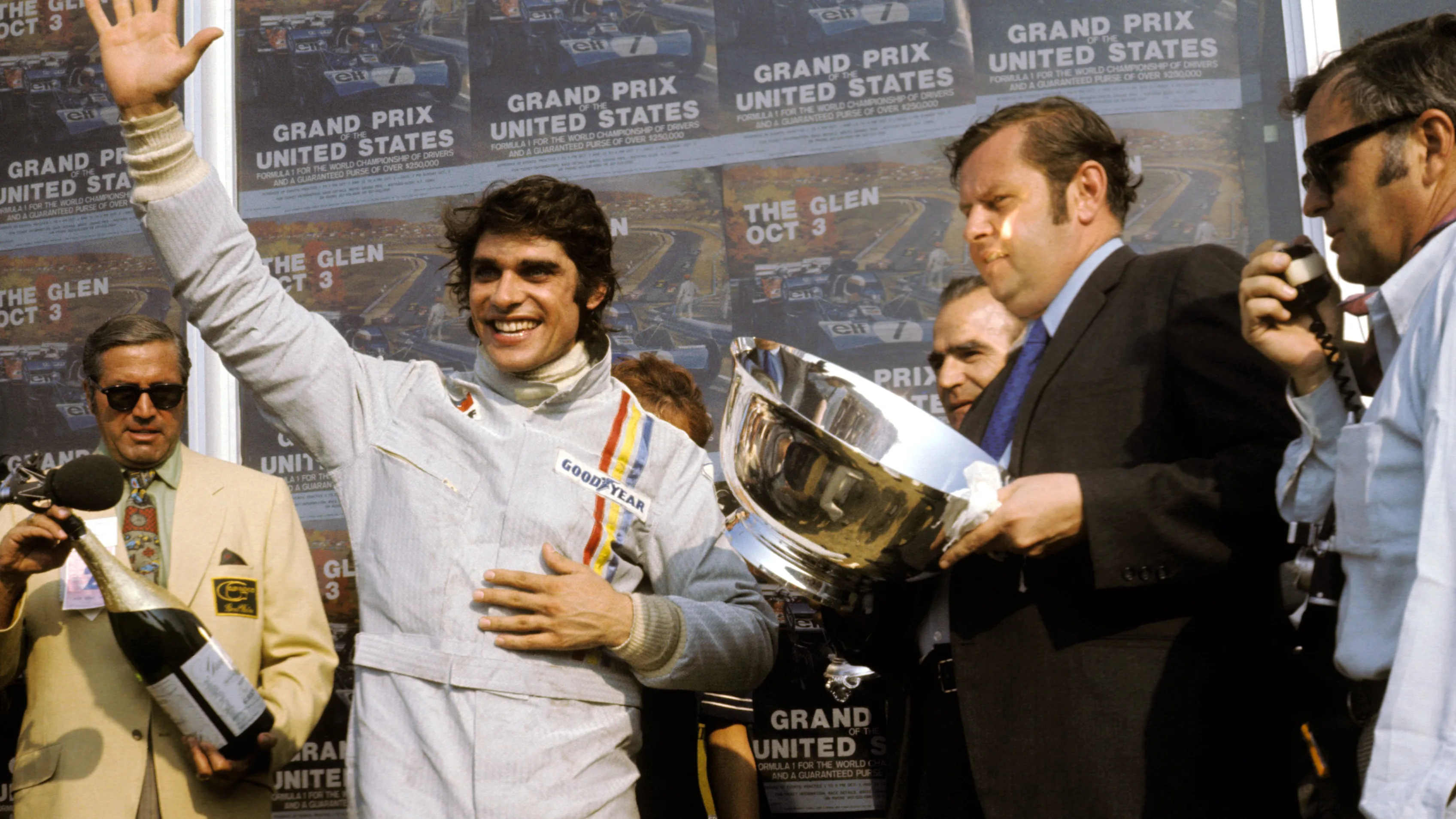
The brother-in-law of fellow one-time winner Beltoise, the blue-eyed French racer and protege of Jackie Stewart seemingly had the world at his feet when he crashed to his death at Watkins Glen in 1973. Ironically, it was at the very same circuit just two years earlier that he’d hinted at his enormous promise by taking his first (and as it turned out only) Grand Prix victory.
Peter Gethin
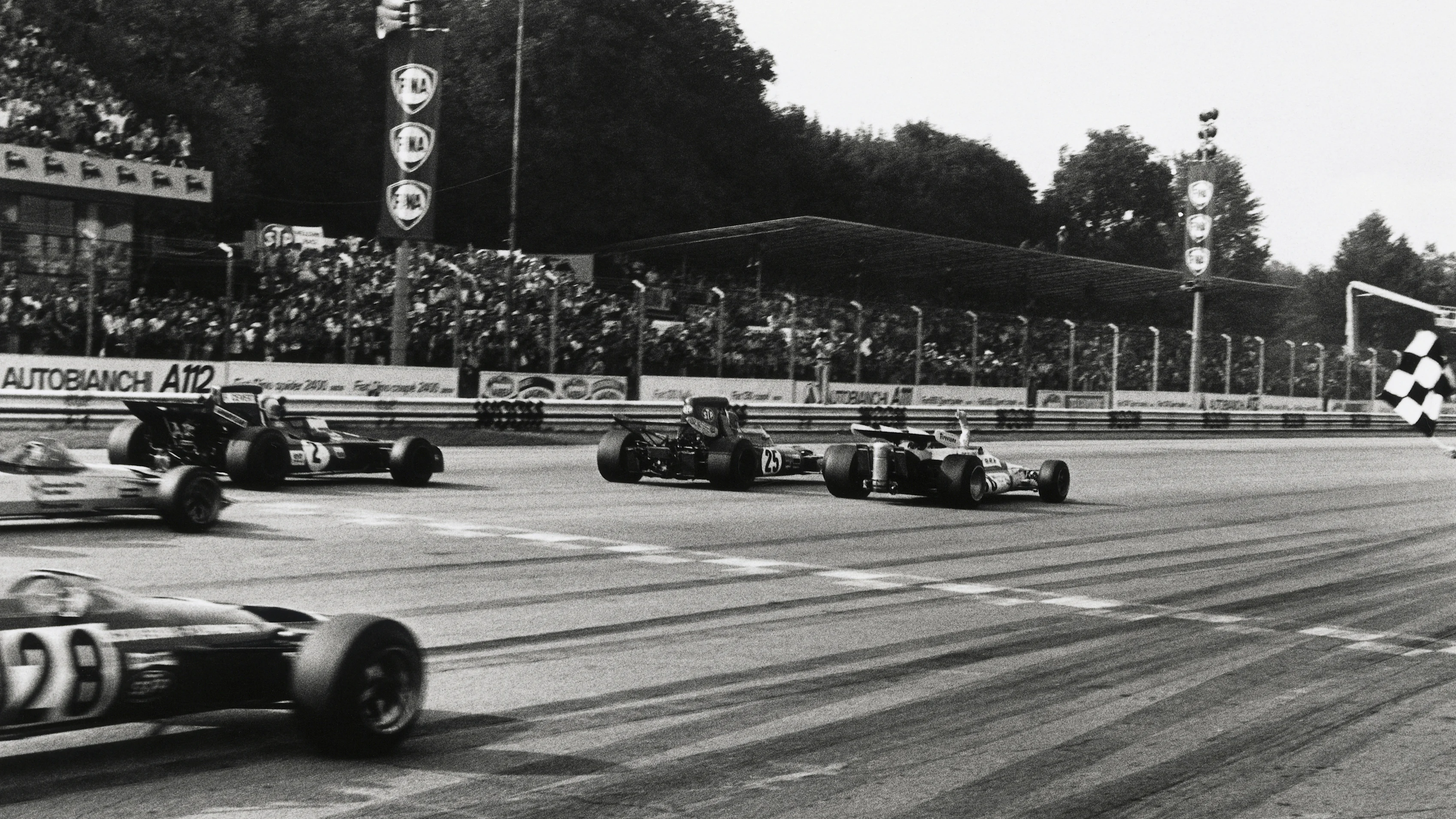
Gethin’s sole win remains one of the most memorable in F1 history - and certainly the closest. The son of a jockey, the gregarious ‘Geth’ used a ploy his father would have been proud of by raising his arm as he crossed the line at Monza in 1971 just 0.01s ahead of Ronnie Peterson - and barely 0.61s ahead of three other slipstreaming pursuers. “I was pretty sure I crossed the line first,” the British racer later mused, “but just to make sure I figured the organisers would go for the guy with his hand in the air.” He’d never stand on an F1 podium again.
Ludovico Scarfiotti
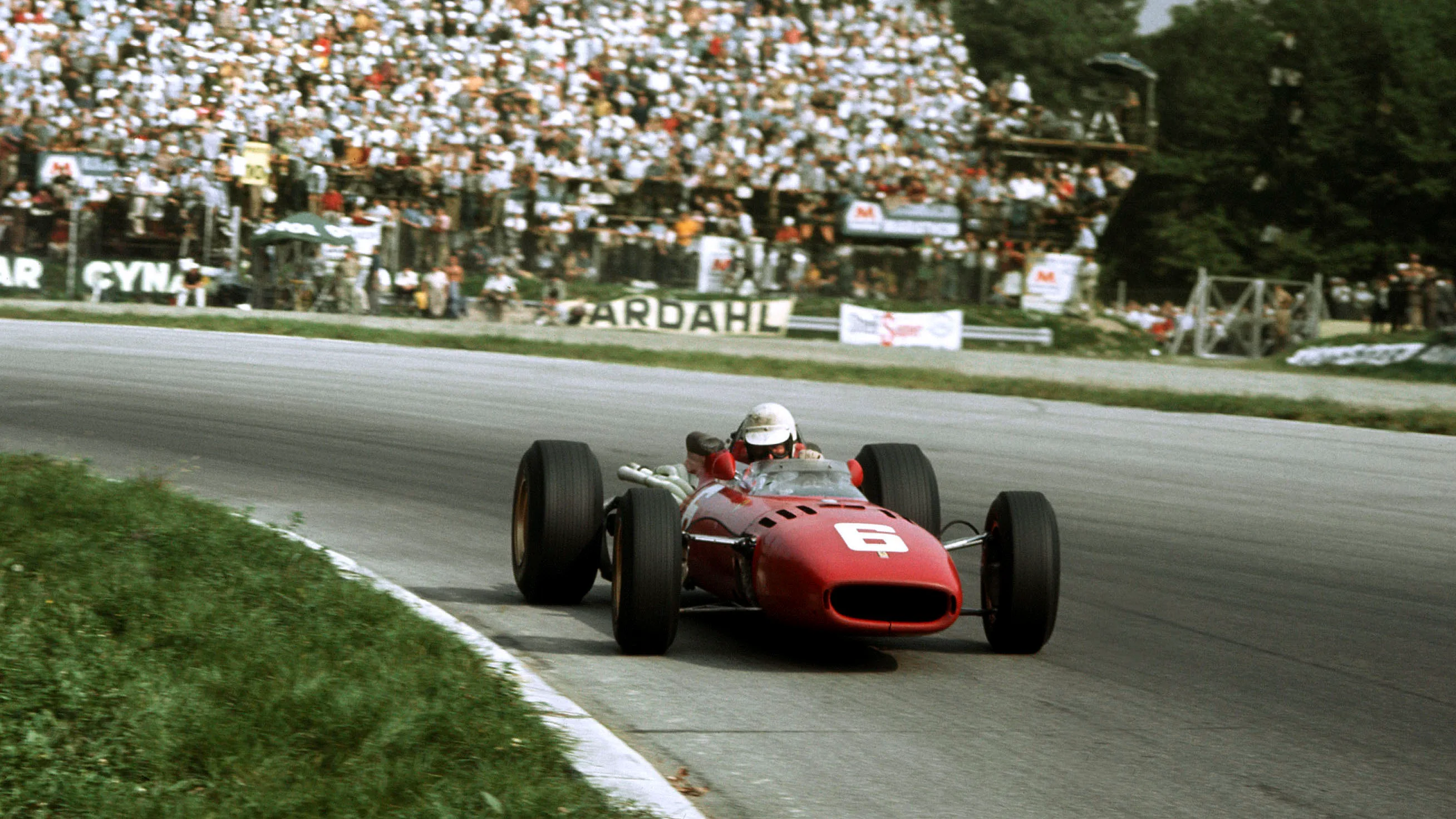
A talented but not quite elite all-rounder, Scarfiotti vowed not to race in F1 again after a nasty practice crash at Reims in 1963. In the end he backtracked on that assertion and it proved a wise decision as he ended up enjoying an unforgettable day in the limelight at Monza in 1966 when he took a hugely popular win for Ferrari in front of a rapturous tifosi. Making just his second world championship start of the season (and the fourth of just ten in an incredibly short F1 career), Scarfiotti became the first Italian to win on home soil for 15 years - something no Italian has done since…
Richie Ginther
.webp)
A podium finisher with Ferrari and BRM, the freckle-faced Californian scored his only F1 win after switching to the fledgling Honda team in 1965. The Japanese firm had made considerable strides with the striking RA272 chassis throughout the season, and at the final round in Mexico City the little Honda pilot qualified a promising third behind Jim Clark and compatriot Dan Gurney. A blistering first lap put Ginther into the lead, and with Clark developing a sick engine and Gurney unable to find a way past, the American hung on to give Honda their first F1 victory.
Lorenzo Bandini
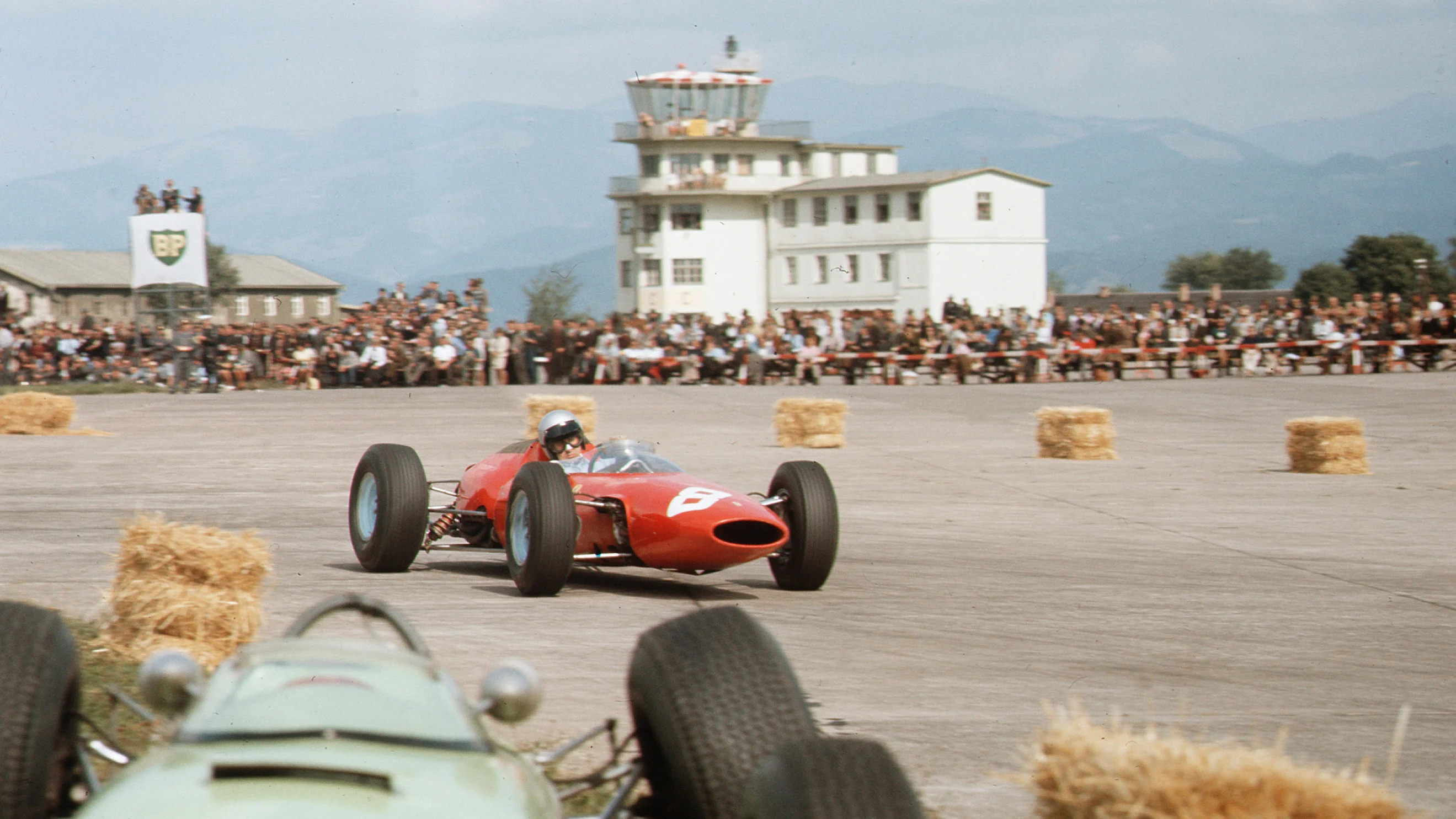
Charming, quick and, according to former Ferrari team mate John Surtees, “very underrated”, Bandini is another driver who might well have scored more than one win had he not perished following a fiery crash at Monaco in 1967. As it was, the Italian’s only victory came in the inaugural Austrian Grand Prix in 1964 at the bumpy Zeltweg airfield, where he outlasted the opposition in what turned out to be a real race of attrition.
Innes Ireland
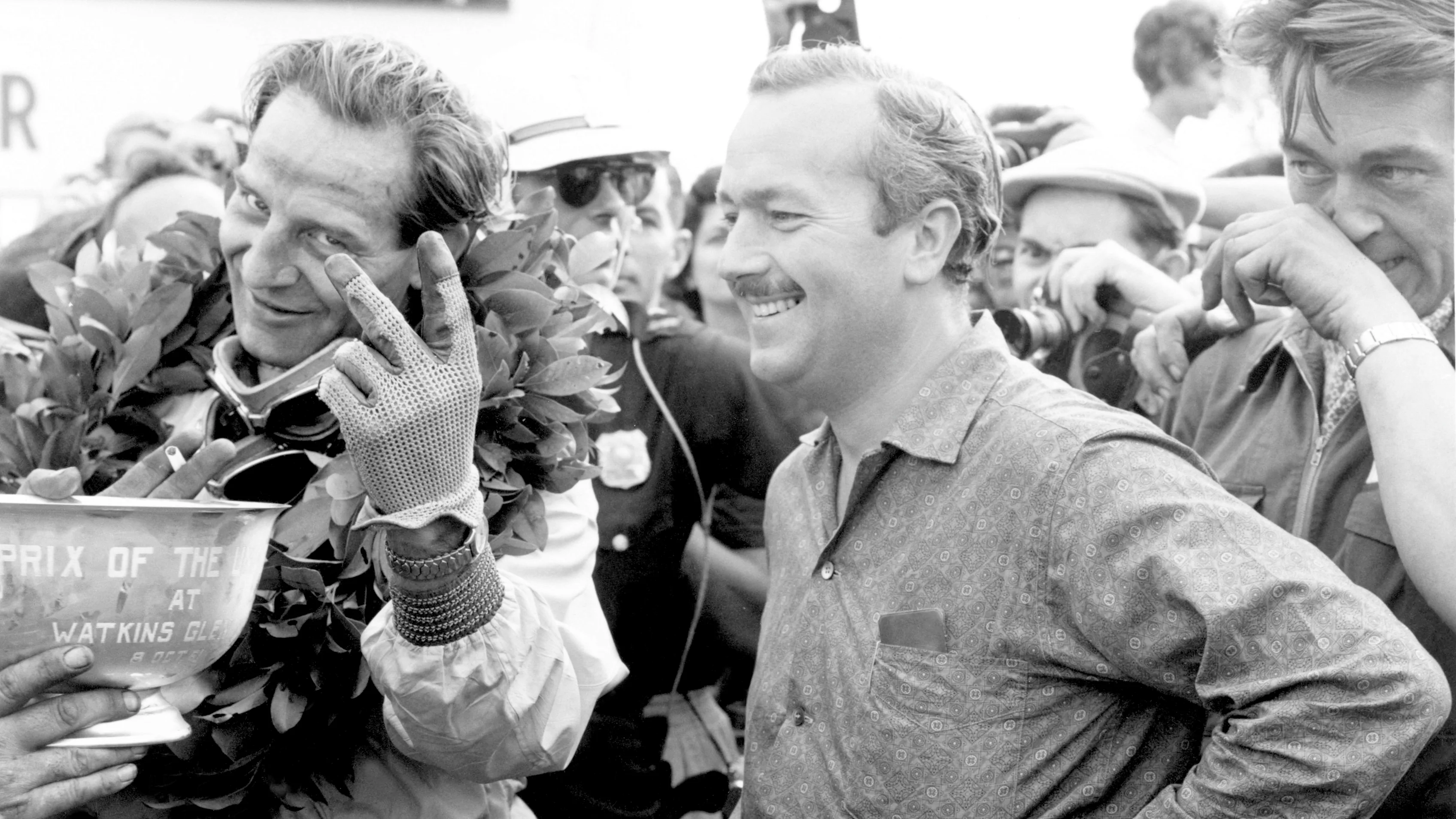
As a driver he was often right up there with the fastest of his generation, but fortune rarely shone on Ireland. The United States Grand Prix of 1961 proved a rare exception. The Scot, who had been badly injured earlier in the year at Monaco, moved into the lead when Stirling Moss hit technical trouble at the halfway stage - and with his chief pursuers also falling away with their own mechanical woes, Ireland was free to take his first and only victory - and the first for Team Lotus.
Giancarlo Baghetti
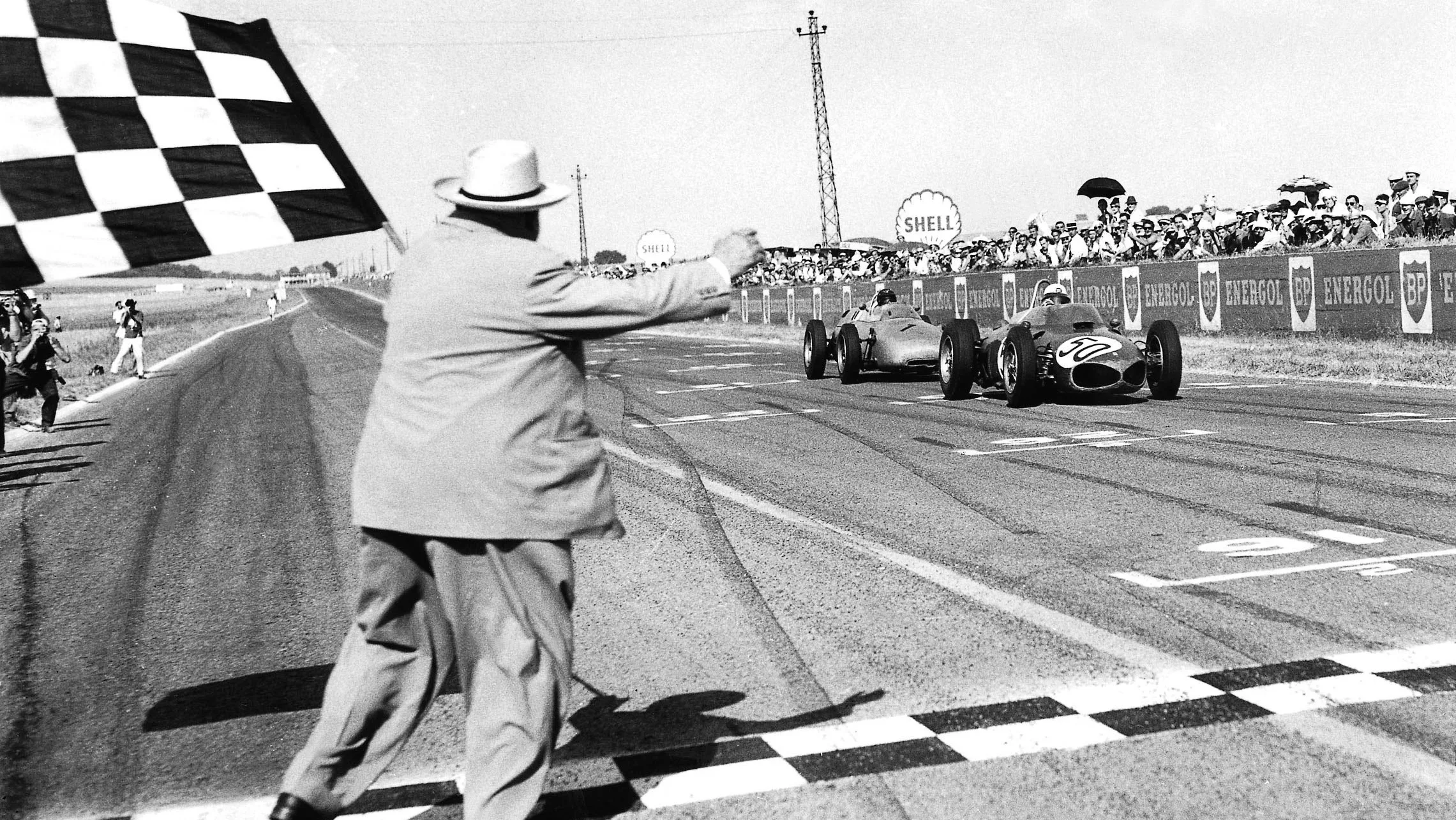
Unlike other drivers on this list who plugged away for years before finally gaining their first victory, Baghetti struck gold straight away, slipstreaming his Ferrari 156 past Dan Gurney’s Porsche on the run to the flag at Reims in 1961 to win on his world championship debut - a feat never equalled before or since. It would prove to be a high water mark for the Italian, who, having preceded his triumph in France with two non-championship wins in Italy, never stood on an F1 podium again.
Jo Bonnier
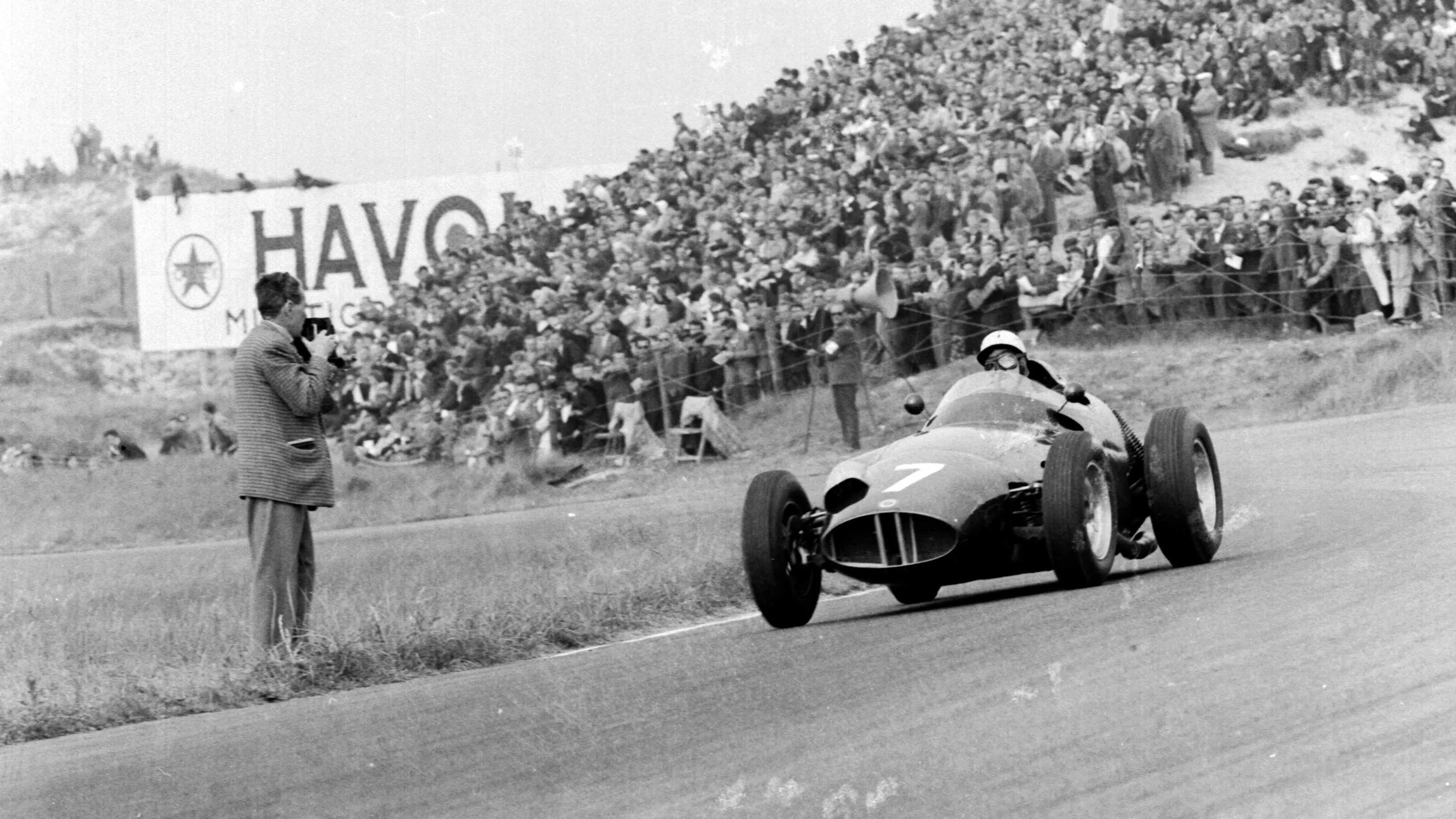
Never regarded as a truly front-line driver, the cosmopolitan Swede nonetheless demonstrated an ability to mix it with the very best of his era, though he only made it onto the podium once in 104 Grand Prix starts. That was at Zandvoort in 1959 where he defeated Jack Brabham to give BRM their first F1 win. Bonnier would never really come close to emulating that success, but he did go on to play an integral role in improving driver safety as an early leader of the Grand Prix Drivers’ Association.
Luigi Musso
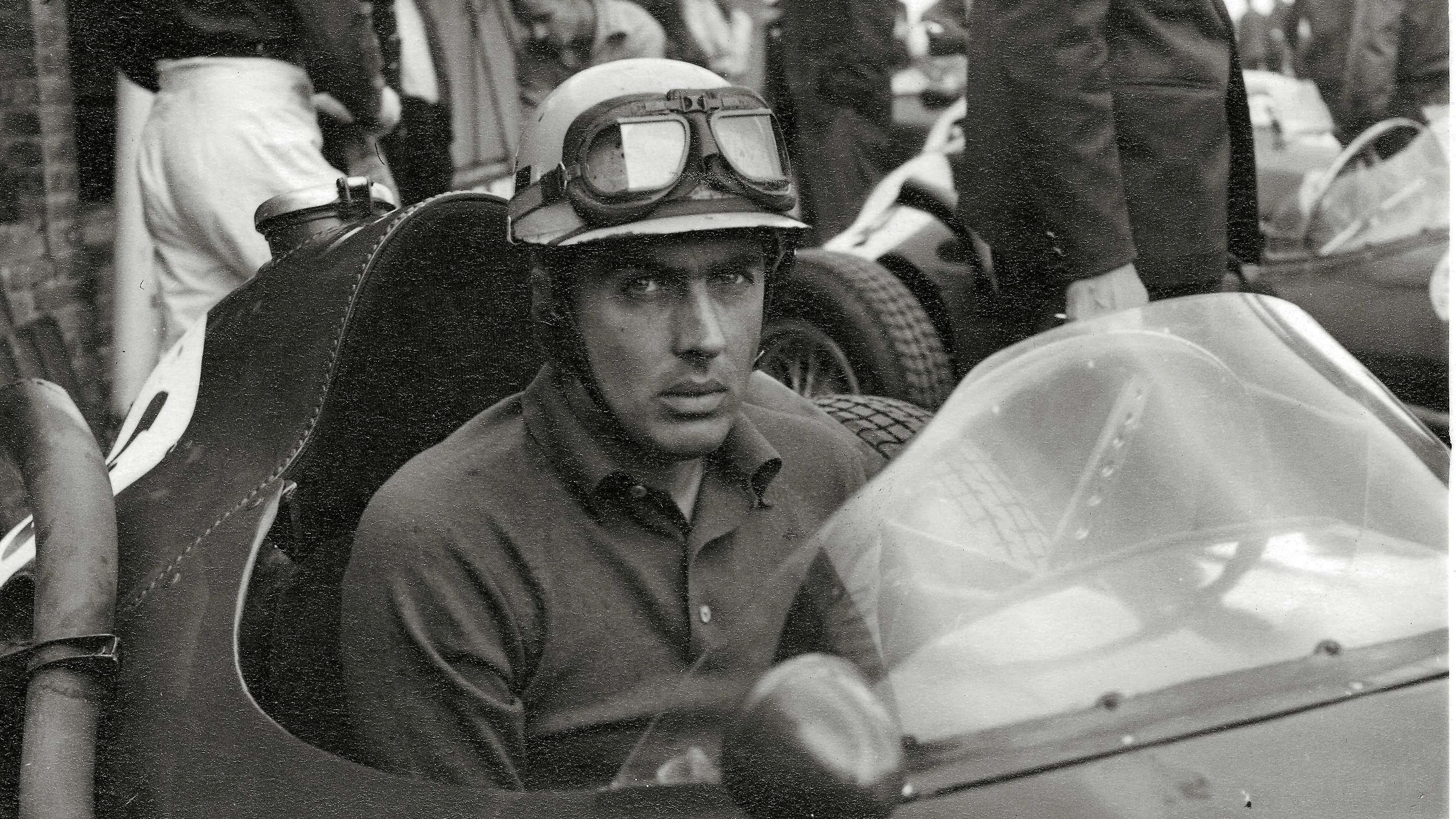
Musso is one of two drivers on this list whose only victory came as a result of a shared drive with the great Juan Manuel Fangio. The Italian had been running near the front in the 1956 season opener in Argentina when Ferrari called him into the pits at a quarter distance and demanded that he hand his car over to home favourite Fangio, whose own machine had hit trouble. The then-three-time world champion went on to win, but seven races later when the same scenario presented itself in Italy, Musso refused to comply. His insubordination wasn’t rewarded - having taken the lead he was stopped in his tracks three laps from home with a broken steering arm.
Piero Taruffi
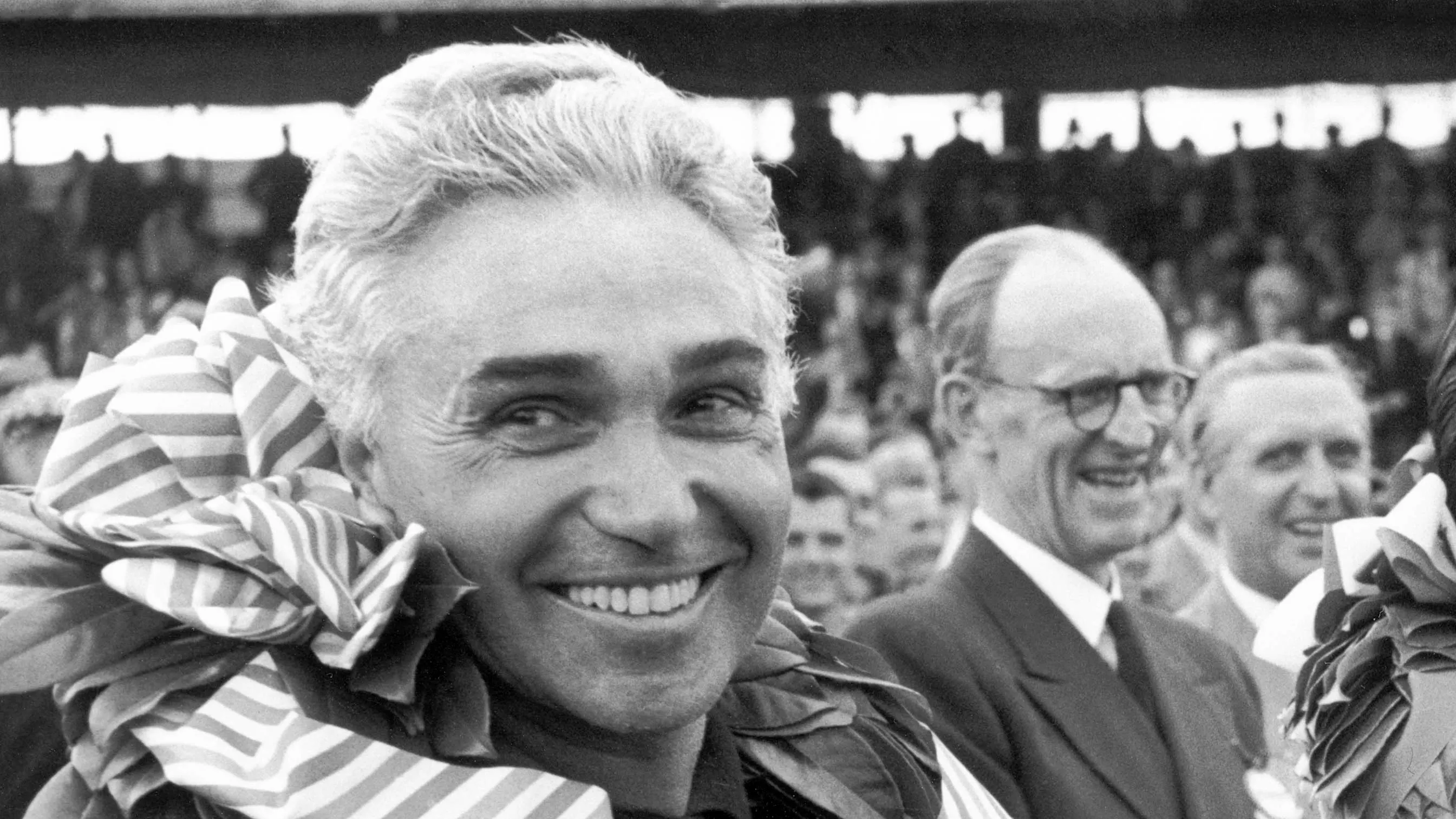
Nicknamed ‘The Silver Fox’ because of his shock of prematurely grey hair, Taruffi was a quick and capable racer, though it wasn’t until 1952 when Ferrari team leader Alberto Ascari was away competing at the Indianapolis 500 that he captured his one and only F1 victory. Driving the formidable Ferrari 500, the 47-year-old qualified over two seconds back of Nino Farina at Bremgarten in Switzerland, but when his countryman went out with technical issues Taruffi won the race with ease.
Luigi Fagioli
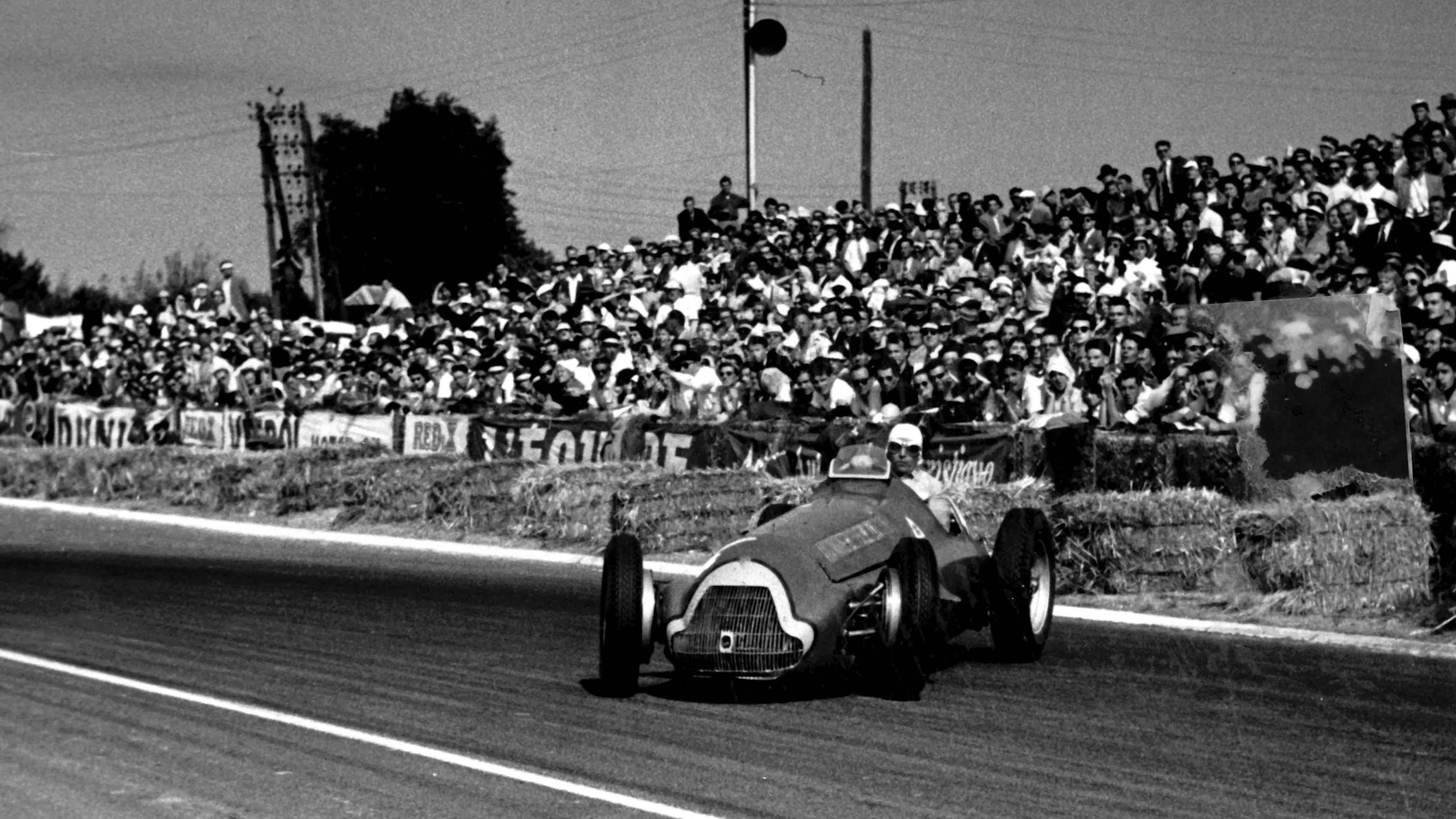
A fiery character both in and out of the cockpit, pre-war racing star Fagioli was 51 and past his best by the time the world championship began in 1950, but he still managed to etch his name in the record books thanks to a shared drive to victory with Juan Manuel Fangio (who did most of the heavy lifting) at the 1951 French Grand Prix. Then aged 53, the Italian remains F1’s oldest ever winner - a record that’ll surely never be broken.
Next Up
Related Articles
 The top tech innovations from 2026 pre-season testing
The top tech innovations from 2026 pre-season testing Watch as F1 TV unpack Day 3 of second Bahrain test
Watch as F1 TV unpack Day 3 of second Bahrain test/16x9%20single%20image%20-%202026-02-19T145811.359.webp) AS IT HAPPENED: Day 2 of the second pre-season test in Bahrain
AS IT HAPPENED: Day 2 of the second pre-season test in Bahrain Watch as F1 TV break down Day 1 of second Bahrain test
Watch as F1 TV break down Day 1 of second Bahrain test/16x9%20single%20image%20-%202026-02-19T183139.714.webp) Lowdon warns not to ‘read too much’ into Cadillac issues
Lowdon warns not to ‘read too much’ into Cadillac issues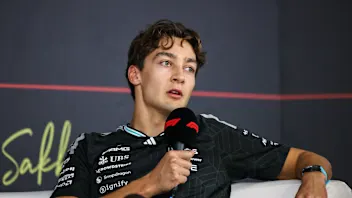 Mercedes ‘need to improve reliability’ – Russell
Mercedes ‘need to improve reliability’ – Russell